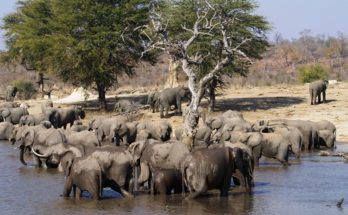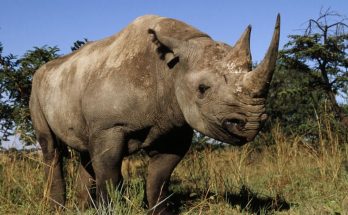
By Deliwe Ropafadzo Mhaka
PREVALENCE of wildlife disease is reportedly on the increase as a result of climate change and as such, diseases that include haemorrhagic septicaemia and bovine tuberculosis have become common.
Climate change affects the dynamics and movement of animals, hence the call for active surveillance, detecting, controlling and monitoring of new diseases.
As such, the coming in of International Fund For Animal Welfare (IFAW) through its ongoing partnership with Zimbabwe Parks and Wildlife Management Authority (ZIMPARKS) has enabled the renovation and refurbishment of Mtshibi Camp veterinary laboratory at the Hwange national park.
Speaking during a media tour recently in Hwange, resident Vet, Dr Kudzai Mupondi expressed his gratitude to Ifaw as it has become an enabler for him and his team to respond swiftly to sick animals, including those requiring rehabilitation aswell as capturing of problematic animals in the park.
“Last year we had eighteen animals of different species being rescued from snares and treated, while every month at least two to three animals are caught up in snares,”he said.
“We had difficulties in capturing and treating dying animals before, but all thanks to Ifaw for purchasing a vehicle for the veterinary department which has made the task doable for the department ,”added Dr Mupondi.
The procurement and refurbishment of all the required laboratory inventory has also capacitated Mtshibi Camp veterinary laboratory to test, investigate and control new disease.
In previous years testing and treatment of animals has proven costly as Victoria Falls was the closest testing centre.



